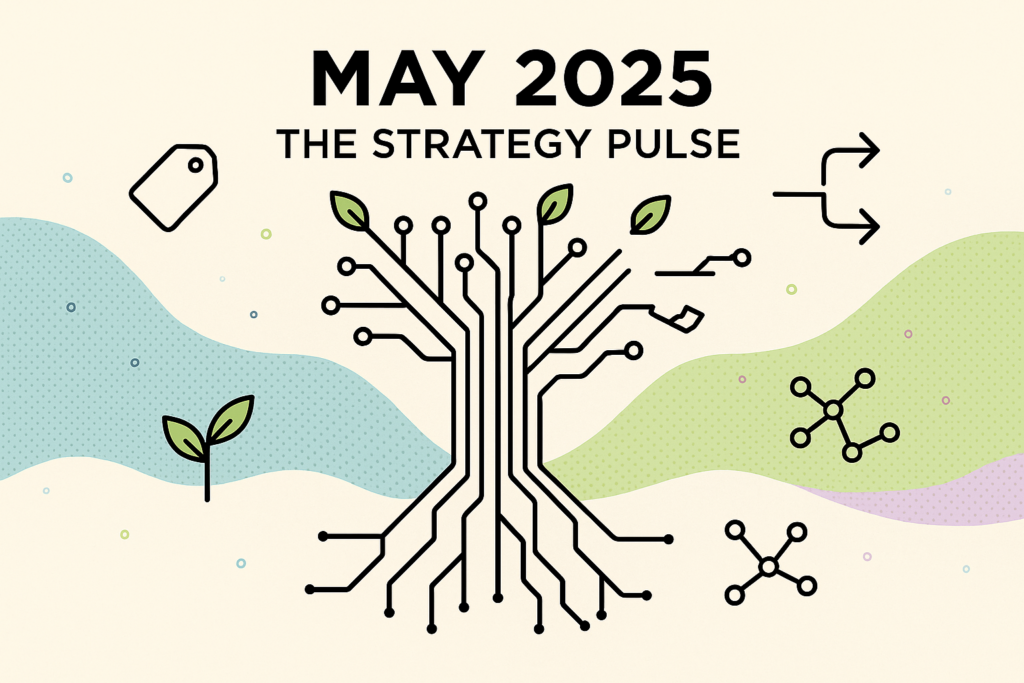
It’s not you, it’s me: the worrying trend of professional ghosting
It’s not you, it’s me: the worrying trend of professional ghosting
April 12, 2022

Your phone buzzes. You instantly scramble to seize hold of it, and anxiously peer at the lit-up screen.
False alarm. Dejected, you fling your phone across the room and stare blankly at the ceiling.
Expecting a message from your current romantic interest, you’re instead greeted by a notification from the news app informing you of some breaking news, or your FitBit tauntingly reminding you that you’ve walked just 59 steps today out of your 10,000 daily target.
The message you spent ages composing – as you mulled over whether to put an ‘x’ at the end of the sentence, or whether to express your amusement with a ‘lol’ or a ‘haha’ – has garnered no response whatsoever. The two ticks, indicating that your message has been delivered, stand out mockingly on the screen. As you go to check their ‘last seen’ on Whatsapp, you realise that they were online two minutes ago. You sent that text two hours ago.
All the signs seem to point directly towards a singular conclusion: you’re being ghosted.
For anyone lucky enough to be unfamiliar with the term, ghosting is a modern phenomenon that plagues the world of online dating. Ghosting basically entails cutting off contact with someone out of the blue, with no apparent reason or forewarning. In the modern dating world, relationships tend to follow a pretty similar trajectory: your date may ghost you, before submarining into your life again by sliding into your DMs just in time for cuffing season, love bombing you into a situationship.
Confused? Us too. Navigating the world of online dating is a minefield, and attempting to decipher all the jargon of modern romance is like trying to crack the Da Vinci code.
Ghosting is a phenomenon that many of us have experienced in some capacity. According to research by Elle magazine, 50% of men and women alike have either ghosted someone or been the victim of ghosting themselves. The guilty party always uses ghosting as a way of avoiding the awkward ‘it’s not you, it’s me’ conversation.
And it always follows the same blueprint. You spend time carefully curating a Tinder or Hinge profile, tentatively match with someone, experience the ecstasy of a whirlwind romance, only then to come crashing down from your high when you’re suddenly met with radio silence.
For those of you who have thus far managed to steer clear of the world of online dating: if you think you’ve escaped the ghosting phenomenon, think again. Ghosting is beginning to permeate every facet of modern life, and no one is safe.
Ghosting from the applicant perspective
Searching for employment in the current job market is hard enough as it is. Every company out there expects nothing short of perfection from you. Employers all seem to demand that you tailor your CV and cover letter entirely around why you would like to work specifically at their company. They basically expect you to write a romantic ballad dedicated to them, expressing your passion for the company, and describing how it’s been your ambition to work there since childhood, from the moment you learnt to talk.
So then, when they don’t even provide you with the bare minimum of an automated response, it’s easy to see how the job search can become a gruelling and demotivating experience from the applicant perspective. Unfortunately, a growing number of employers simply ghost applicants who apply for roles with them.

Upon graduating six months ago, I went on a tireless hunt for a job. I became pretty much immune to the automated response system telling me that my application had been unsuccessful; it became part and parcel of the job search. In one particular instance, I applied for a role, finely tuning my CV and cover letter, only to be told within 30 seconds of submitting my application that, ‘after careful consideration’, I had been rejected. Yep, you heard that right. 30 seconds.
Believe it or not, this was actually one of the more positive experiences I had whilst searching for an entry-level graduate job. At least this particular company wasn’t afraid to let me know the ugly truth, even if it was just an automated response robot who was breaking the news to me.
Fact is, like many graduates, I’ve been ignored by more companies than I can count. No automated response, no nothing.
And it’s not just in the early stages that applicants get ghosted. You could be on the verge of receiving an offer, only to be left in the lurch by your recruiter or the hiring manager of the company at the very last minute. According to a survey by the #EndGhosting campaign, 65% of the British public have been ghosted suddenly in the middle of the hiring process.
When you’ve invested so much time and energy into something only to come back empty-handed, it’s easy to feel like your efforts are futile. But it’s important not to let it wear you down – Tinder is full of players and time wasters, but it’s inevitable that you’ll one day come across a diamond in this sea of coal. And in just the same way, if you keep pushing on, you’re sure to find a job that’s a perfect fit for you. If you do get ghosted by prospective employers, keep your head up, and remember that, as is the case with that Tinder match, it’s them and not you.
Ghosting from the hiring manager / recruiter perspective
Ghosting can be just as frustrating when the tables are turned, and the applicant is the guilty party.
If you’re a recruiter, you no doubt know what it’s like to have put a great deal of time and energy into guiding a candidate through the hiring process, only then to ultimately never hear back from them. You confidently present them with a great offer they surely cannot refuse – the light at the end of the tunnel – and then…nothing. Absolutely zilch. You feel like a priest stood at the altar, by the groom’s side, waiting excitedly to officiate a marriage. You’ve learnt the speech off by heart, and the aisles are packed with guests, only for you to find out that the bride has jilted her beloved at the very last minute. Your matchmaking efforts have fallen short, the celebrations are called off, and all you’re left with is the awkward aftermath of this failed union.
When a candidate ghosts their recruiter or the hiring manager of a company, it can be frustrating for all parties who have invested a lot of time and energy in the hiring process.

That’s not to say that candidates are obligated to respond to every recruiter who slides into their DMs with a job offer that doesn’t tickle their fancy. You cannot be expected to respond to every LinkedIn message, just like you’re not expected to respond to the influx of spammy or inappropriate messages that tend to flood the Tinder inbox.
However, when you’ve built a relationship with a recruiter or hiring manager over an extended period of time, it’s common courtesy to let them know where you stand, even if you lose interest in the role over time.
Ignoring recruiters and hiring managers in the middle of the hiring process, leaving them high and dry, risks damaging your professional reputation. In the long-term, you could potentially be burning bridges, which you may come to regret in the future. It’s always a good idea to maintain contact with the people supporting you on your job search, even if it is to let them down. Your future self may thank you for it, as they’ll be more open to working with you again should you so wish.
Ghosting may seem like the easy way out in the short-term; a way to avoid an awkward conversation. But it’s not as harmless as you may think: it can damage your professional reputation in the long-run.
The fact is, letting someone down gently is far more respectful and painless than ghosting. It provides both parties involved with some much-needed closure. The same rules apply in the dating and professional spheres: imagine the person on the other end of the screen, and treat them how you want to be treated. It would no doubt solve a lot of problems and prevent a lot of heartache if we all communicated a little more honestly with each other.

